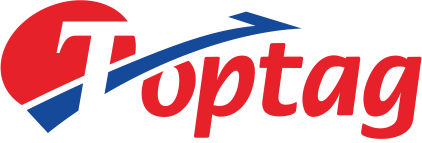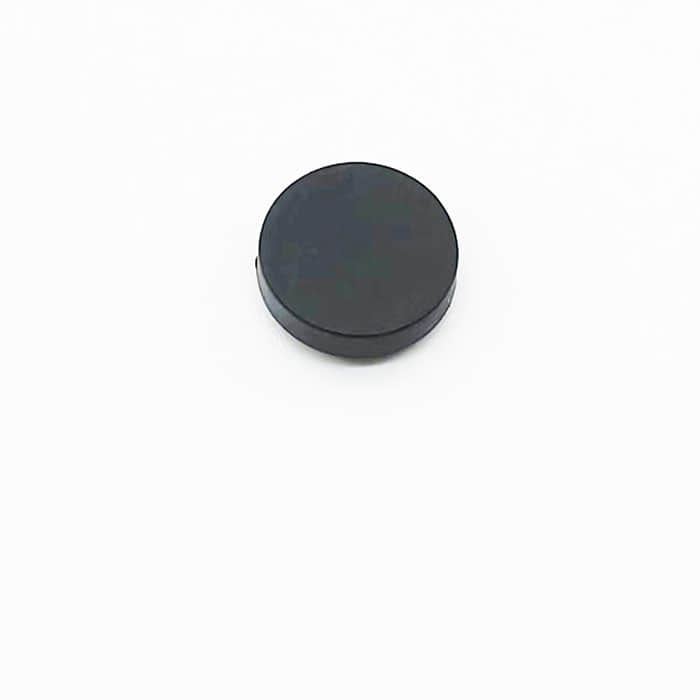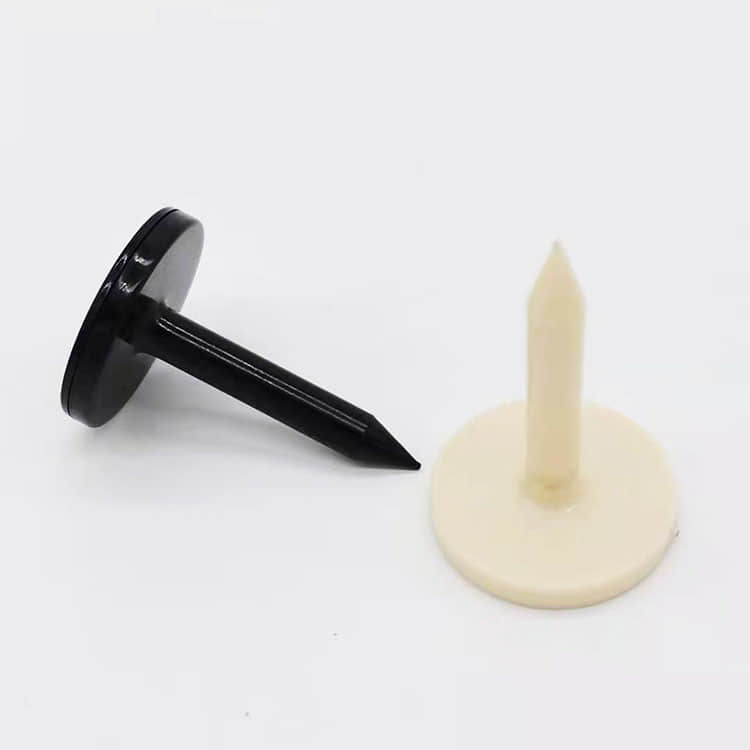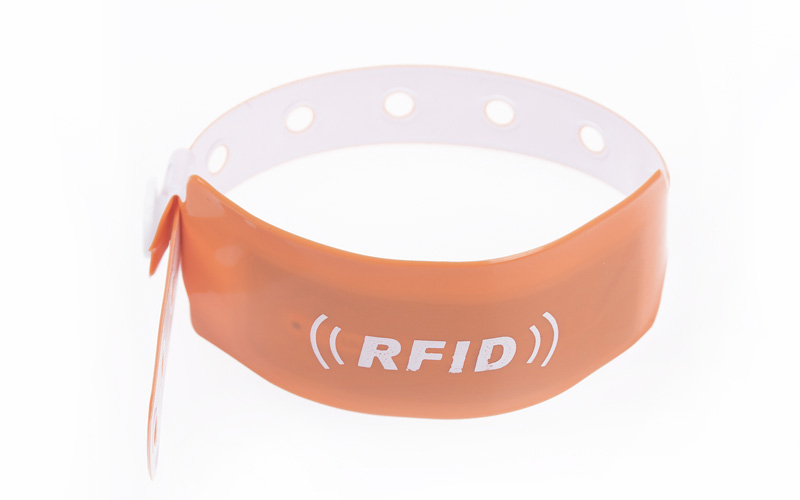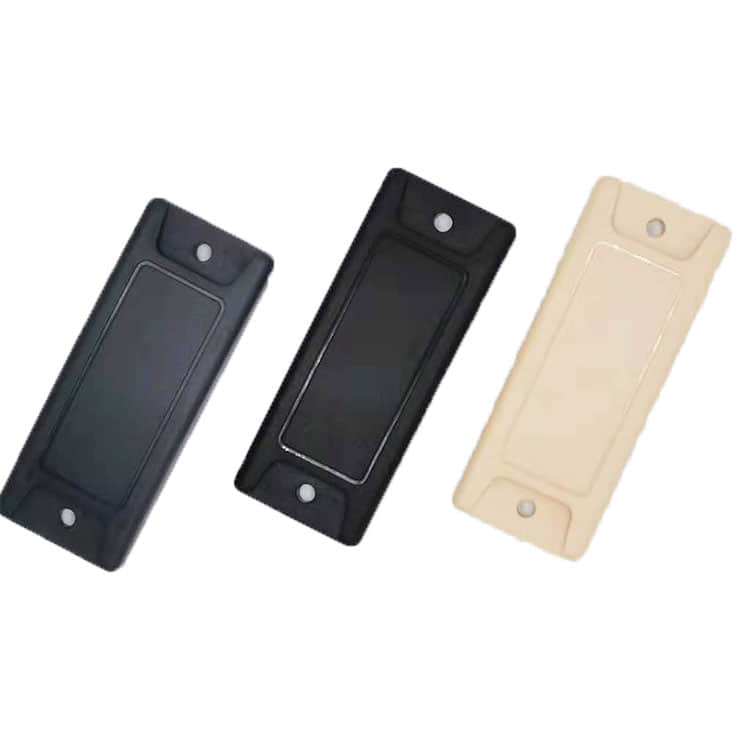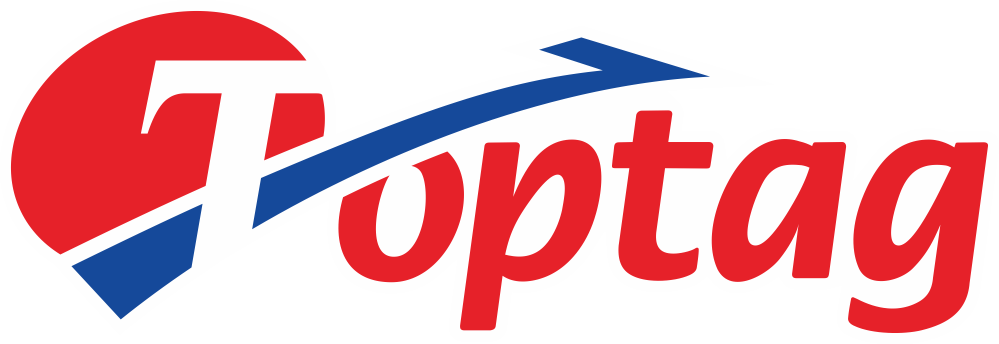The nonprofit Hospital Israelita Albert Einstein in Brazil is utilizing RFID tags to digitize the management of tens of thousands of bed linens, towels, and patient-used pillowcases, while saving millions of dollars.
The Hospital Israelita Albert Einstein, a nonprofit hospital in Brazil, is employing RFID technology to digitize the management of tens of thousands of bed linens, towels, and patient-used pillowcases, simultaneously saving millions of dollars.
This solution enables healthcare providers to track the usage, cleaning status, and return to cabinets of bed linens to ensure adequate inventory and efficient replenishment. Moreover, the time required for the hospital to utilize this solution is only a fraction of what manual systems would demand, saving approximately $300,000 annually.
With this technology, each piece of bed linen is uniquely identified, and data regarding its usage is managed by the hospital’s Smartxhub software platform, provided by the tech company IDvida IoT.
Tracking Linen Products in a Complex Supply Chain
Located in São Paulo, Brazil, the Einstein Hospital boasts an 800-bed medical facility spread across several city blocks, occupying 273,000 square meters. To serve the thousands of patients treated at this hospital, there are 150 linen cabinets inside, needing replenishment four times a day. Rafael Vitolo, the RFID project manager at the hospital, stated that among approximately 158,000 linens, there are about 35 categories of sizes and types.
Each storage area or cabinet has a minimum inventory requirement. During the morning shift, there is a higher quantity of bed linens and pillowcases, while a different minimum level is set for the evening shift.
Due to the scale of the hospital complex and the increasing number of storage areas, hospital staff previously had to make multiple trips between various sites for tedious manual inventory checks. Additionally, all bed linens are laundered at an external laundry facility about 50 kilometers away from the hospital, adding complexity to the entire linen supply chain.
The hospital aims to improve the logistics flow of bed linens from patient to cleaning and back to storage for reuse using RFID technology. They began using this technology in the latter half of 2022 and spent about five months analyzing results to determine the expected return on investment.
Details of the Solution
The linen suppliers affix passive UHF RFID tags to the goods destined for the hospital. These tags are encoded with a unique ID associated with the item in the Smartxhub software.
“Whenever we purchase new bed linens, we provide our RFID tags to the manufacturer, who applies them before delivering the materials to us, so they are ready for immediate use,” explained Renata Santos, the hospital’s linen coordinator.
When the laundered and pressed bed linens arrive at the hospital from the external laundry facility, they pass through an RFID portal reader, reading all tags as they enter. The software provides data on which cabinets need replenishing and the existing inventory in the receiving “laundry room.”
The bed linens are then routed to the necessary cabinets based on the supplied quantities from the software. Once the cabinets are replenished, staff use handheld readers to read all tags, and users can view the replenishment count results on display.
Deep Integration of Handheld Readers with Reading Cabinets
After the bed linens are used and routed back through the laundry room, they pass through the RFID portal again to update their status before being sent out for external laundry services.
Hospital team members access supply data and assemble replenishment cards (written orders) based on conditions detected in each cabinet.
“For every new replenishment, we need to scan the location with an RFID reader so the system can generate replenishment requirements based on the minimum stock information that should be available at that location,” Vitolo explained.
The hospital staff uses 12 TSL portable RFID readers, each connected to smartphones via Bluetooth. The hospital deployed two Datamars RFID cabinets equipped with Impinj readers at the busiest locations to achieve real-time data updates. As items are taken out of the cabinets, the inventory count is automatically updated.
The SmartxHub data includes middleware for interpreting RFID tag reads, along with Smart Hub applications and Smart Hub Web for users to view data online or on mobile devices.
Reducing Labor Costs
Since the system was put into use, the hospital conducts a full inventory count every two months, reducing inventory time from 72 hours to 10 hours. On average, the hospital can reduce the workday for each linen supply worker by 30 minutes. By reducing labor hours by approximately 6,000 hours annually, the hospital expects to achieve financial benefits of around $29,000 per year solely through labor cost reductions.
The system also enables the hospital to identify items that are damaged, misused, or in need of replacement.
Vitolo reported that since the technology was implemented, the loss rate of bed linens decreased from 4% of the total to 0.8%, while inventory accuracy improved. Another benefit is a 12% reduction in water usage and a decrease of 139,000 kilowatt-hours of electricity consumption annually at the external laundry facility.
Vitolo stated that due to all these benefits, the hospital achieved approximately $300,000 in financial benefits in 2023.
